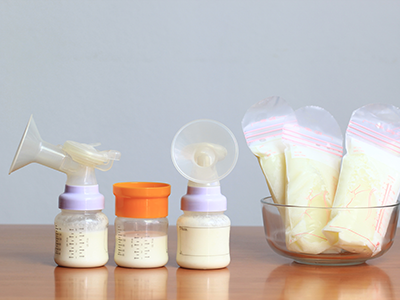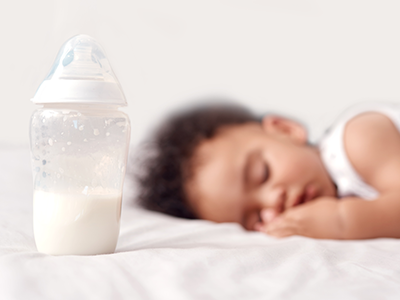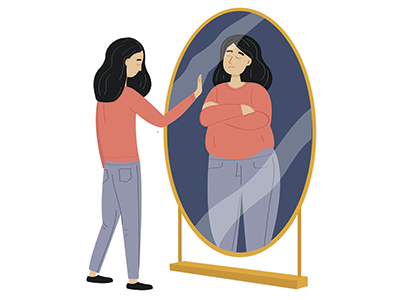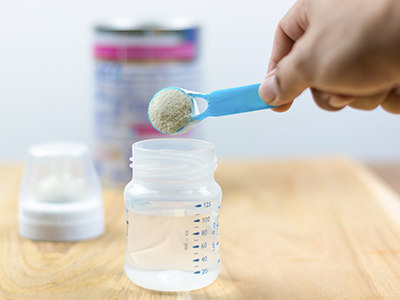When your baby is born, there are plenty of things to think about, and one of the first is how to feed your infant.
And that raises the question of breastfeeding.
We know you hear all kinds of advice, from relatives, friends and neighbors. So many opinions are coming in your direction and really fast. Some people feel very strongly about the need for breastfeeding, and sometimes those who don’t breastfeed at all are the loudest, saying they felt it was uncomfortable or they didn’t have a convenient place to do it. As mothers ourselves, we have heard it all.
Below you’ll find information on some of the benefits of breastfeeding and some of the issues you may have to navigate when choosing to breastfeed.
Benefits of breastfeeding
American Academy of Pediatrics (AAP) recommends breastfeeding because mother’s milk is the perfect food for the baby and gives the infant a healthy start in life. A word like “perfect” seems pretty strong, but research into breastfeeding supports this claim.
Good for your baby
Let’s start with the baby and his or her future health. Breastfeeding reduces the risk of childhood obesity, which is associated with other medical problems such as diabetes, high blood pressure and high cholesterol levels. It also can reduce the risk of childhood infections, asthma and even neonatal death.
Good for you
For moms, it reduces your risk of breast and ovarian cancer. Studies have proved that for every year of breastfeeding, a woman decreases her chances of getting breast or ovarian cancer by 4.3 percent.
The AAP recommends breastfeeding exclusively for the first six months of life and continued breastfeeding after solid foods are introduced to the diet until at least 12 months. This may seem like a long time to breastfeed; there are a number of societal pressures to stop breastfeeding earlier, particularly if you are a working mom, but keep in mind how good this is for not only your baby but also for you. We recommend setting short-term goals for breastfeeding and celebrating each one you reach; for example, making it through the first three weeks, then the first two months, and so on. We encourage and support any amount of breastfeeding.
Where can you breastfeed?
When you breastfeed, the area where you choose to do it should be as comfortable and convenient for you and the baby as possible. And that’s where it gets uncertain sometimes, particularly in the workplace and public places. No matter where you are, we want you to know there are national and local laws to protect your right to breastfeed.
We were breastfeeding moms, too, and are really happy that we did. Now you have the tools to make an informed decision for yourself and your baby. We can’t emphasize enough the importance of breastfeeding to nurture strong, healthy babies.
 https://riseandshine.childrensnational.org/wp-content/uploads/2024/12/Healthy-holiday-eating-feature.jpg
300
400
Danielle Robbins
https://riseandshine.childrensnational.org/wp-content/uploads/2017/11/childrens_riseandshine_logo.jpg
Danielle Robbins2024-12-18 12:18:182024-12-30 12:33:39Healthy holiday eating tips for the whole family
https://riseandshine.childrensnational.org/wp-content/uploads/2024/12/Healthy-holiday-eating-feature.jpg
300
400
Danielle Robbins
https://riseandshine.childrensnational.org/wp-content/uploads/2017/11/childrens_riseandshine_logo.jpg
Danielle Robbins2024-12-18 12:18:182024-12-30 12:33:39Healthy holiday eating tips for the whole family






















Leave a Comment
Want to join the discussion?Feel free to contribute!